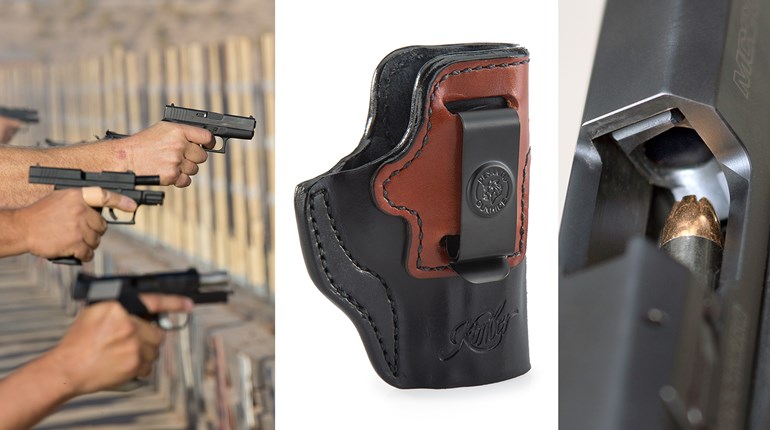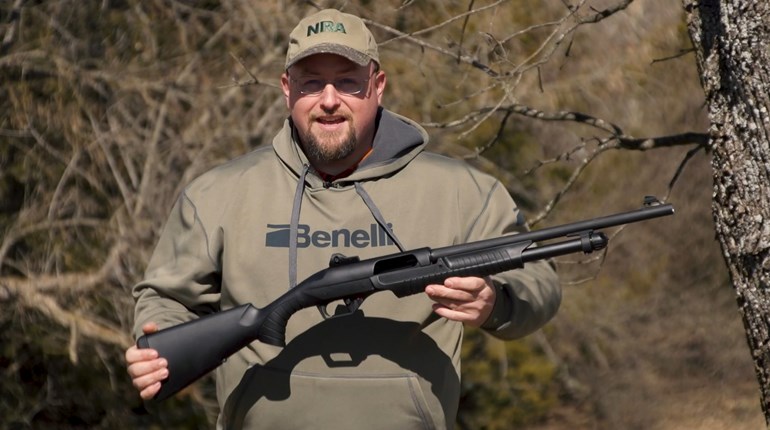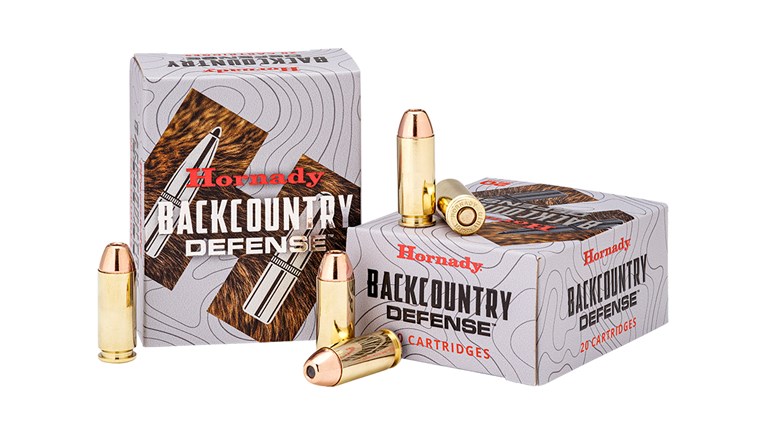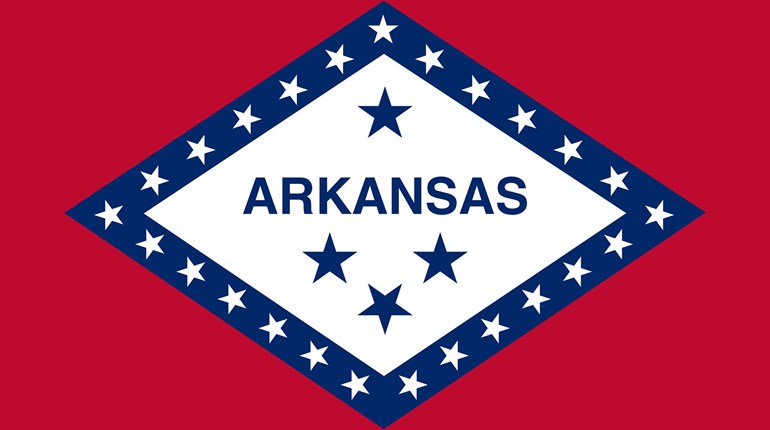
First, a very Happy Hanukkah, which begins tonight at sundown. What does Hanukkah have to do with self-defense? In some discussions I've had with "The Gun Rabbi," Dovid Bendory, the subject of Hanukkah came up, and he was kind enough to explain why the holiday is an important reminder of the need for armed self-defense. First, I asked Rabbi Bendory to explain a bit about Hanukkah for those who don't know why it is celebrated.
"Hanukkah, often called in English by the name 'The Festival of Lights,' actually means 'Dedication.' Most Americans have some familiarity with the Jewish custom of lighting the menorah, the nine-branched candelabrum we light each night of Hanukkah to commemorate the lighting of the menorah in the Holy Temple which once stood in Jerusalem.
Most Jewish children can explain that the lighting of the menorah commemorates a miracle, that when the Jewish people purified the Temple from the idol worship with which the Greeks had profaned it, only one jug of pure olive oil was found, sufficient only for one night. But to complete the sanctification and rededication of the Temple, God brought a miracle—the oil lasted through eight nights until more pure oil could be produced.
Somehow, the prelude to the story of the oil is less well known. The 25th day of the Hebrew month of Kislev—the first day of Hanukkah—also marks the day when the Jewish warriors rested from battle. On the 25th of Kislev, they lay down their arms in victory, having defeated the Greeks who had profaned the Temple.
When the Maccabees—the family of generals who led the battle—entered the Temple, the golden menorah was not to be found. In order to immediately begin the Divine Service, the Maccabees collected spears left behind in the battle. According to Pesikta Rabbati, a 2,000-year-old rabbinic source, this first "Maccabee menorah" was made out of eight spears. Cups were either attached to or beaten out of the spears to hold oil and wicks; the menorah was lit, and the rest is history."Now, you might ask yourself what this has to do with guns, self-defense or anything other than a nice little celebration with some candle lighting. Well, here's where it gets interesting.
On the Sabbath, observant Jews are forbidden from creative labor in the world, and instead focus on spiritual development. Lighting a fire—an essential element in firing a firearm—is a forbidden act on the Sabbath. Of course, the Macabees had no firearms, but war is certainly labor, so the question was, can you fight a war on the Sabbath? Bendory explained:
"We know in modern times of the World War I stories of troops who put down their arms and sang Christmas carols across the trenches with the enemy; on the 26th, they picked up their arms and resumed the battle. So too in ancient times, there were 'rules of war'—the idea of laying aside arms on a holiday (or Holy Day) is not new.
At the time of the Macabees, there was a major disagreement in the Jewish world as to whether or not we could fight on the Sabbath. Oddly, this was the first war in which our enemies 'discovered' that they had a strategic advantage if they attacked on the Sabbath—the Jews were either unarmed (because they didn't carry arms in public) or unwilling to fight (because of the prevalent belief that it was inappropriate on the holy day of rest).
The Macabees said otherwise—and they proved that preservation of life overrides Sabbath prohibitions. (Indeed, it overrides all but three cardinal sins.) They took up arms in defense on the Sabbath, and then they took up arms and attacked as well. Thus, in modern times, the Tzitz Eliezer (3:9) writes that religious soldiers are not only permitted, but are required to engage in both defensive and offensive operations on the Sabbath."So, you can see why Hanukkah is much more than "eight crazy nights" of gift giving and candle lighting; it is a faithful commemoration of the importance of armed self-defense of life and liberty. Sadly this lesson is forgotten by all too many people today. Too many, but not all.






































